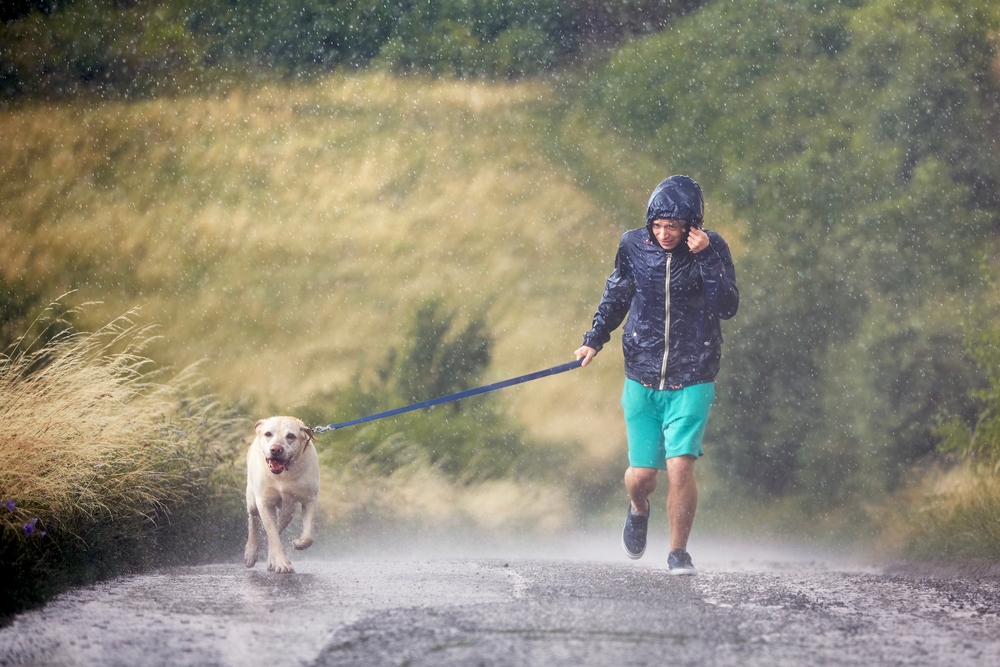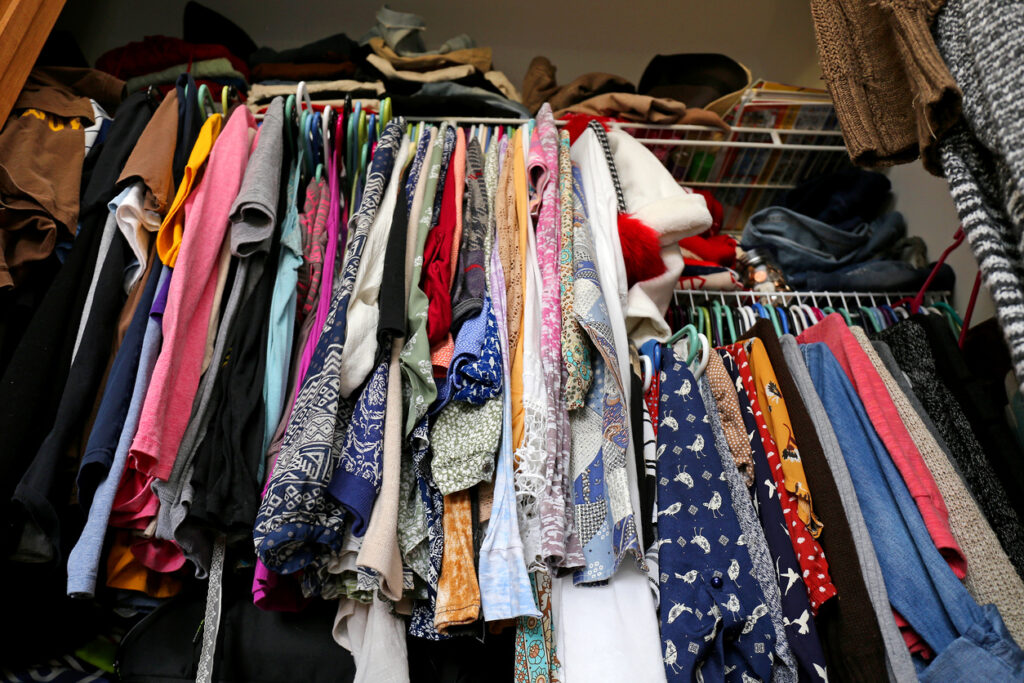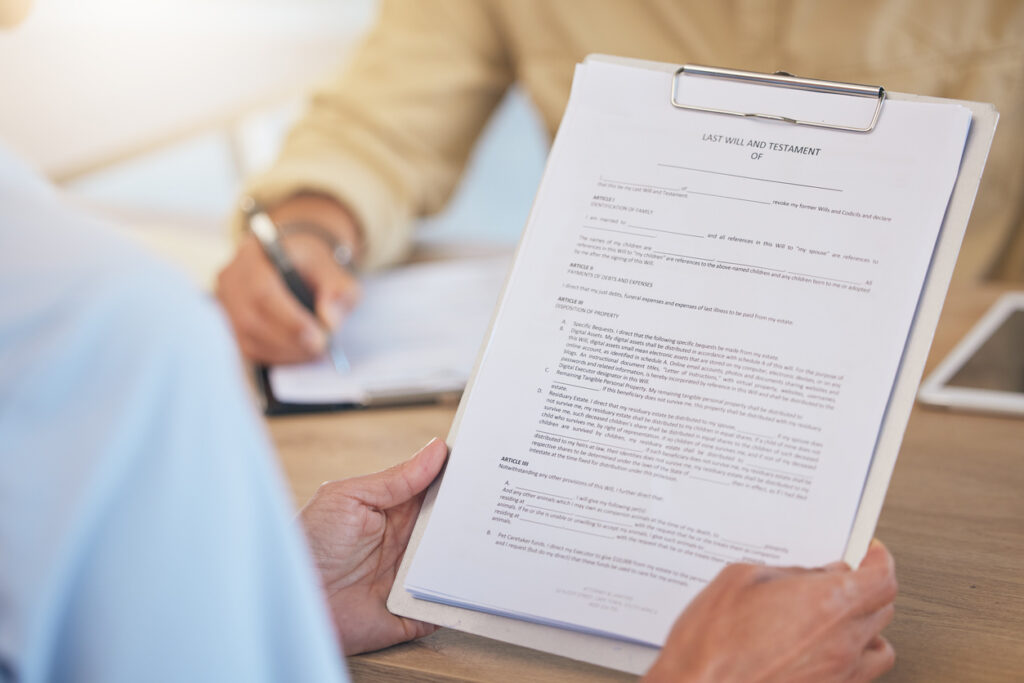Extreme weather, higher bills, and weird food shortages are already creeping into your routine—you just haven’t noticed yet.

The climate crisis is no longer a distant threat—it’s already reshaping your everyday life in ways you might not even realize. Grocery prices are rising, power outages are more frequent, insurance costs are spiking, and the weather is becoming increasingly unpredictable. These aren’t isolated events—they’re warning signs of a planet under stress. And while governments and corporations scramble for big-picture solutions, the real challenge hits much closer to home: how do you adapt right now?
The answer isn’t panic—it’s action. Small, smart changes can help you stay resilient, protect your well-being, and take back some control. Because ignoring the changes won’t make them go away—but learning to live with them just might give you an edge.
1. Stop treating extreme weather like a fluke—it’s the new normal now.

Those “once in a century” storms and heatwaves? They’re showing up way more often, and pretending they’re rare just sets you up to get blindsided. It’s time to shift your mindset and plan like disruptions are a given. That means checking your emergency supplies, staying alert to forecasts, and thinking twice before brushing off weather warnings. If you’ve been caught without power, stuck inside from smoke, or flooded out of your street, you know this isn’t drama—it’s reality, according to One More Tree Foundation. And the sooner you accept that, the easier it is to stay ahead of the chaos before it hits again.
2. Rethink your food habits before shortages hit your grocery list.

Climate shifts are throwing off crop cycles, messing with livestock feed, and making farming less predictable across the board. That means higher prices, random shortages, and weird changes in what’s available season to season. One week eggs are sky-high, the next it’s lettuce. This isn’t a blip—it’s the beginning of a more fragile food system. To adapt, try buying local when you can, freezing or preserving in-season items, and being flexible with your meals, as reported by NASA Science. Stock up smart, not panicked. A little preparation makes you less stressed when the shelves suddenly look sparse or your usual go-tos disappear.
3. Make your home your climate fortress—not a liability.

If your house floods easily, leaks hot air, or turns into an oven every summer, you’re not alone. Older homes especially weren’t built for what we’re dealing with now. But small changes go a long way—think weather stripping, blackout curtains, or even a backup battery for power outages. Bigger investments like solar panels or better insulation can pay off fast too. Insurance costs are rising in high-risk areas, and in some places, coverage is disappearing entirely, as stated by NCAS. Waiting for someone else to fix it isn’t the move. Fortify what you’ve got so your home doesn’t become a hazard during the next big hit.
4. Switch up your wardrobe to match a planet gone haywire.

You might’ve noticed: winter isn’t really winter anymore, and summer feels like a sci-fi movie. That closet full of seasonal clothes? It needs an overhaul. Think more layers, weather-resistant fabrics, and gear that keeps you cool or dry on short notice. Having a go-to kit—like a packable rain jacket or portable fan—can actually make a huge difference when the forecast flips mid-day. Dressing for unpredictability sounds dramatic, but it’s quickly becoming essential. And let’s be real, sweating through your day or getting drenched by a sudden downpour isn’t cute—or necessary—if you’re prepped for the weirdness.
5. Don’t wait for a blackout—start planning for power cuts now.

Rolling blackouts, overloaded grids, and storm-triggered outages are happening more often—and they’re not just a summer problem anymore. Instead of scrambling for flashlights or melting everything in your fridge, start building a simple outage game plan. A rechargeable power bank, solar lantern, and even a stash of shelf-stable food can make all the difference. If you work from home or rely on electronics, a small backup battery could save your day (or week). Power cuts used to be rare—now they’re just part of the climate rollercoaster. It’s not about paranoia; it’s about not being caught off guard.
6. Water bills are climbing—so it’s time to rethink your usage.

Between droughts and failing infrastructure, water isn’t the endless, cheap resource it used to be. And yeah, your monthly bill is probably creeping up. Start paying attention to how much you use, especially outdoors. Swapping grass for native plants, fixing that leaky faucet, or installing a low-flow showerhead might sound boring—but your wallet will thank you. And during shortages, cities are handing out fines or restrictions like candy. Water-smart habits aren’t just good for the planet—they’re becoming necessary for daily life. You don’t need to turn into a desert survivalist, just be smarter about what’s going down the drain.
7. Watch your mental health—climate anxiety is real, and growing.

It’s not just the planet heating up—so is your stress level. Between scary headlines, weather disasters, and a constant sense that things are out of control, it’s easy to feel overwhelmed. This low-grade panic has a name: climate anxiety. And no, it’s not something to brush off. Staying informed is good, but doom-scrolling every fire or flood doesn’t help your brain. What does help? Taking action, even in small ways. Get involved in local efforts, unplug when needed, and talk about your fears instead of bottling them up. You’re not alone, and your peace of mind still matters.
8. Transportation isn’t just about convenience—it’s your lifeline in a crisis.

Think about how you’d get out if your area floods, loses power, or faces an evacuation. Now ask yourself: would your current car, bike, or bus route actually cut it? Climate-driven disasters are turning basic transportation into a survival issue. Keeping your gas tank half full, knowing alternate routes, or having a go-bag ready can make a major difference. If you rely on public transit, have a backup plan. We’re not saying live in fear—just don’t assume you’ll always have a smooth ride when chaos hits. Your ability to move might be more important than you think.
9. Insurance won’t always save you—especially if you wait too long.

Homeowners in flood zones, fire-prone regions, or hurricane hot spots are already seeing their insurance premiums skyrocket—or disappear altogether. Some companies are pulling out entirely. If you haven’t checked your policy lately, now’s the time. Know what’s covered, what’s not, and what it’ll cost you if disaster hits. Renters need to pay attention too—don’t assume your landlord’s policy covers your stuff. Being underinsured is a brutal thing to learn the hard way. Climate impacts are rewriting the rules, and the system is struggling to keep up. Read the fine print now so you’re not wrecked later.
10. Rethink what “prepared” means in a climate-changed world.

A first-aid kit and a flashlight used to be enough. Not anymore. Now we’re talking go-bags, backup meds, chargers, cash, and clean water stashed in places you can grab fast. You don’t have to go full prepper—but you should be able to hunker down for a few days or get out quickly if needed. Think about what you’d need if you had no power, cell service, or road access. It’s not fun to plan for emergencies, but it’s way worse to be stuck in one without a clue. In this new reality, “I’ll figure it out later” just doesn’t cut it.
11. Your money talks louder than ever—so use it with intention.

Where you spend and invest matters more than you think. Banks that fund fossil fuels, brands that ignore sustainability, or companies with zero climate plans? They count on you not noticing. But consumers are waking up—and pulling their money from businesses making the crisis worse. You don’t have to be perfect, just more aware. Choose companies trying to adapt, support local options, and look into green investing if that’s your thing. Small shifts in your spending send big signals. And in a world trying to find its balance, your dollars have the power to push things in a better direction.
